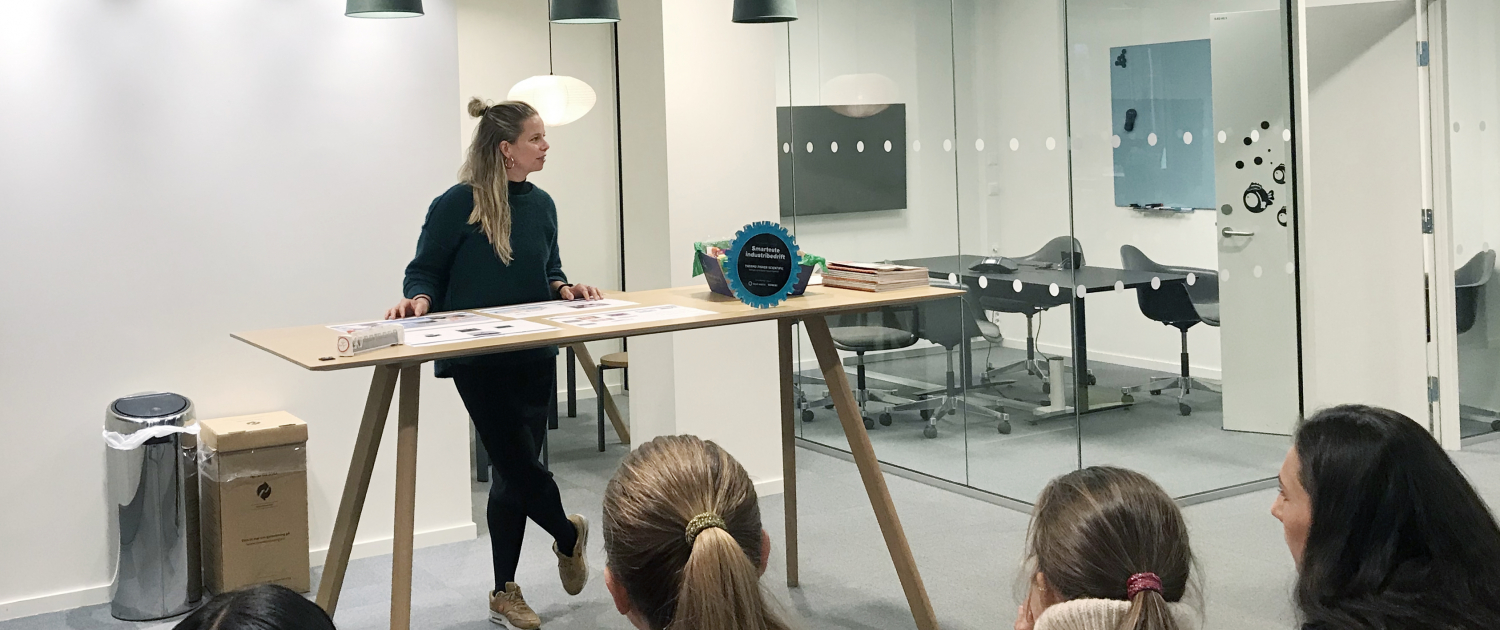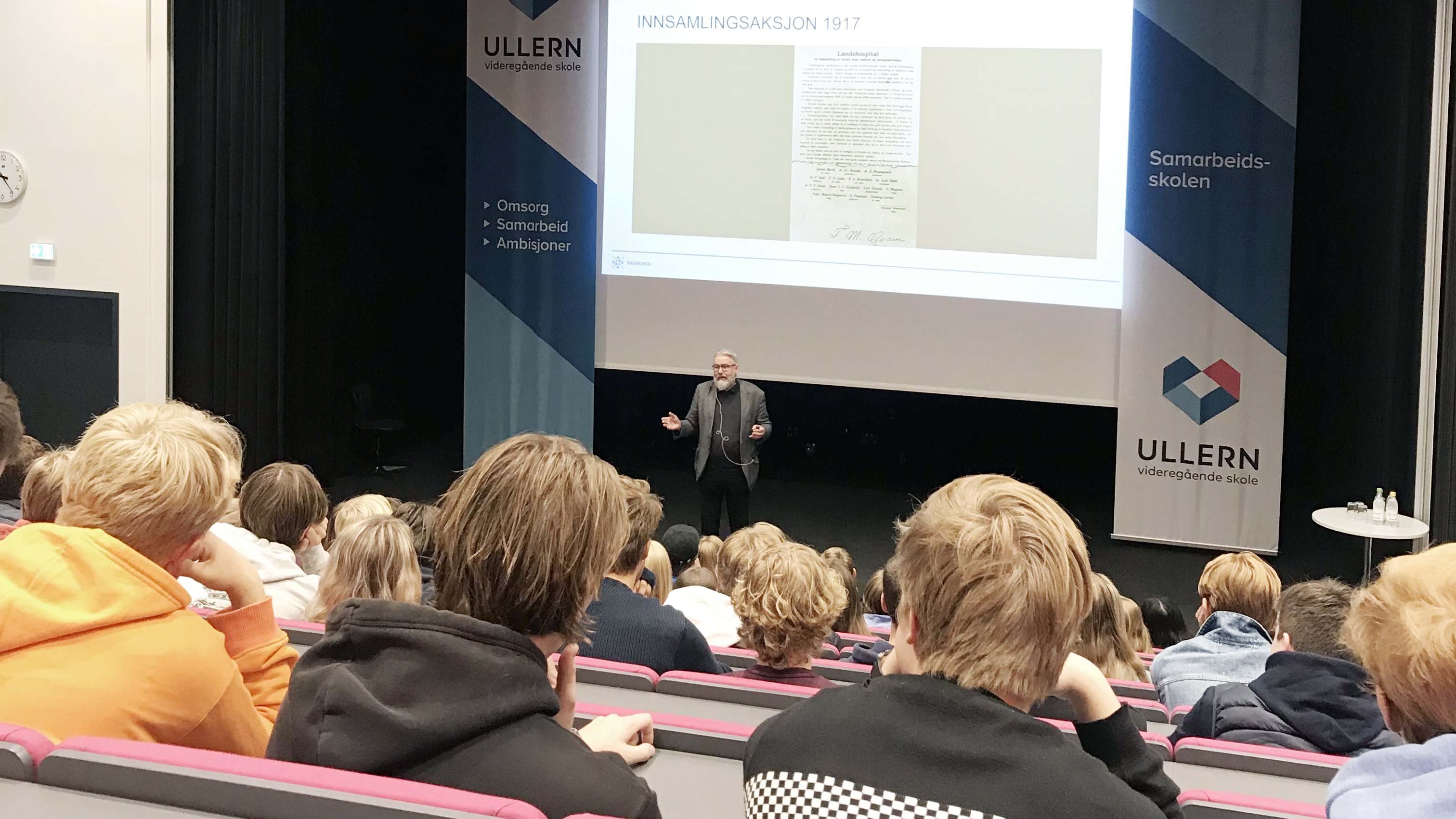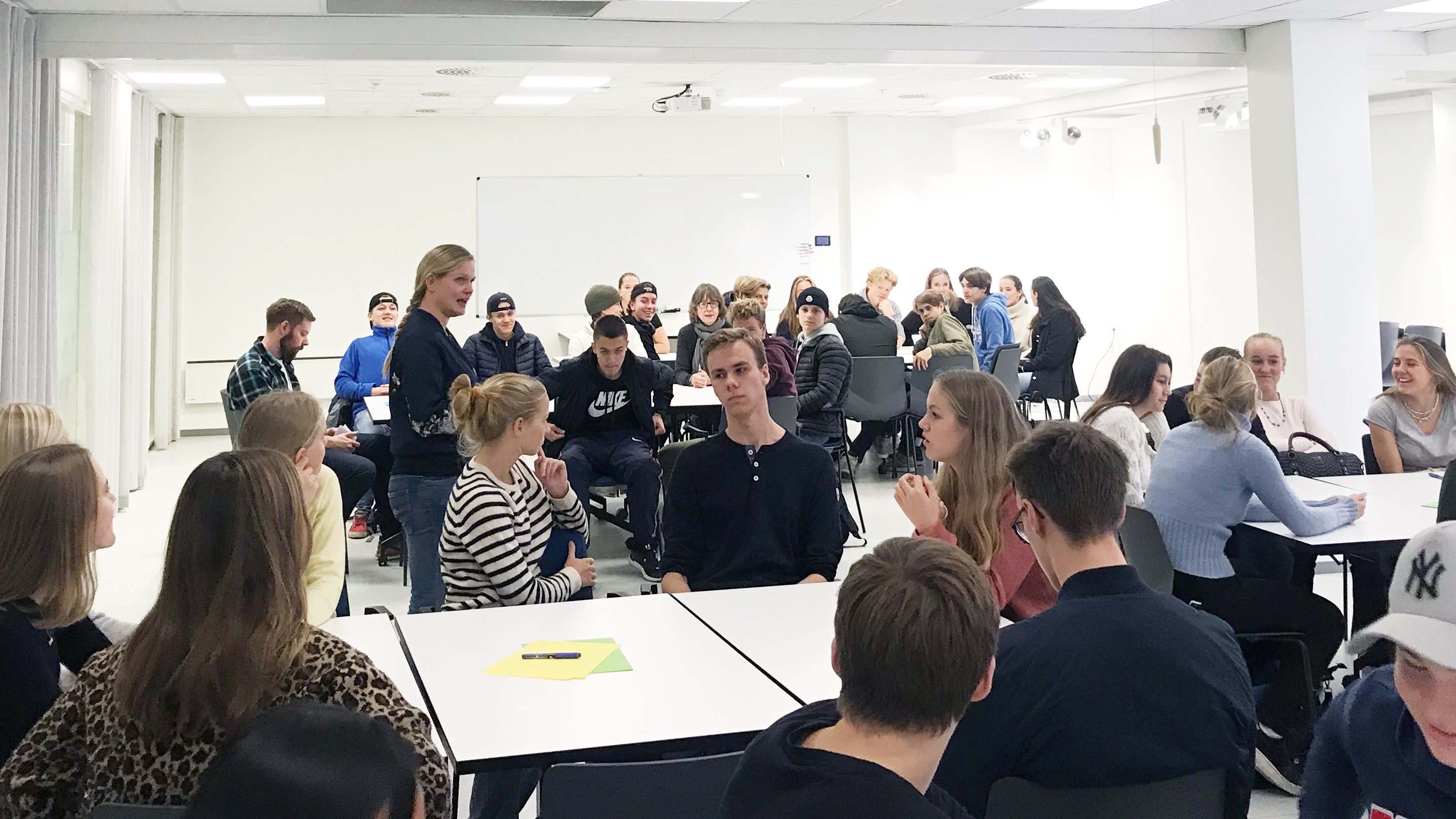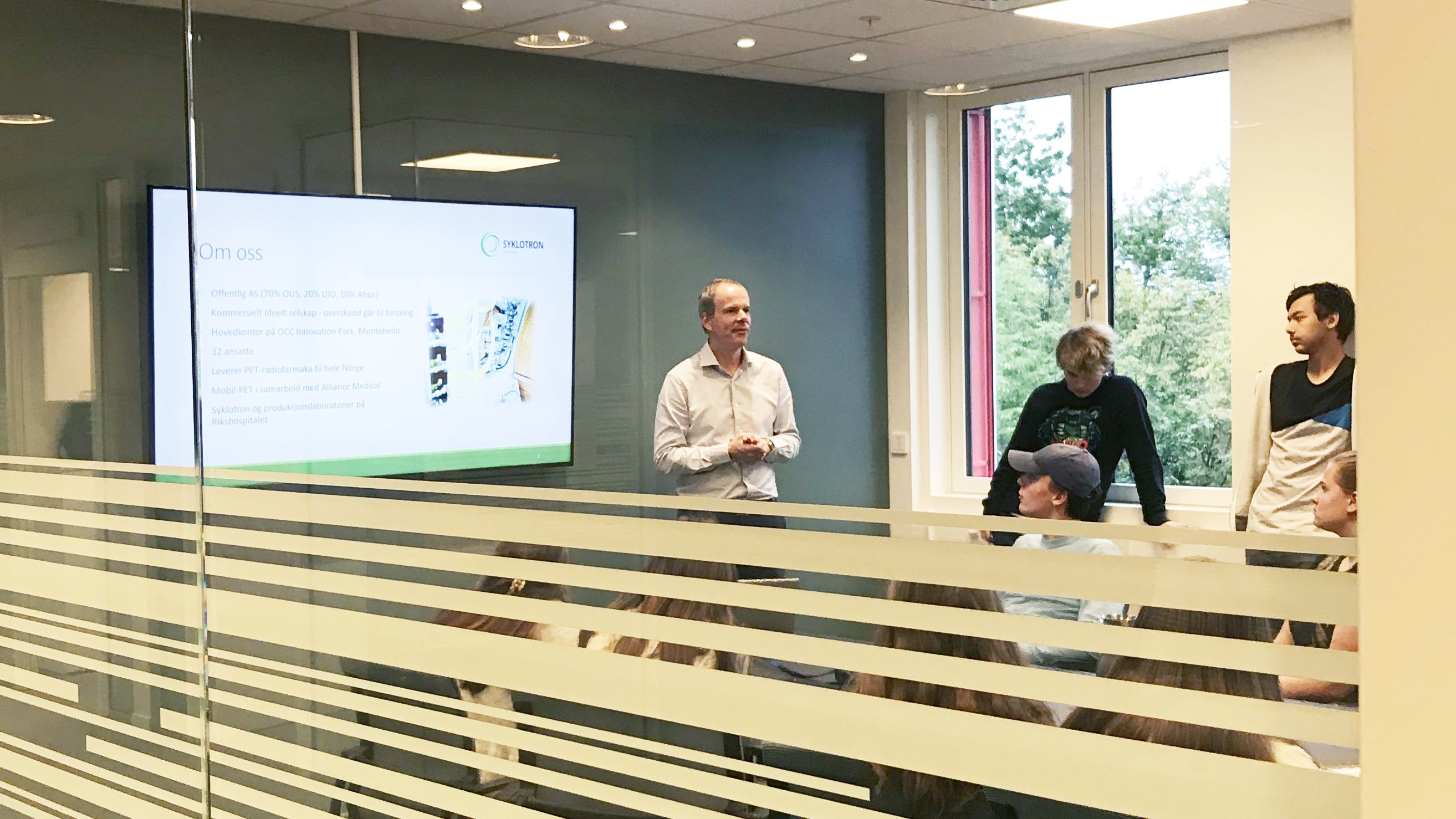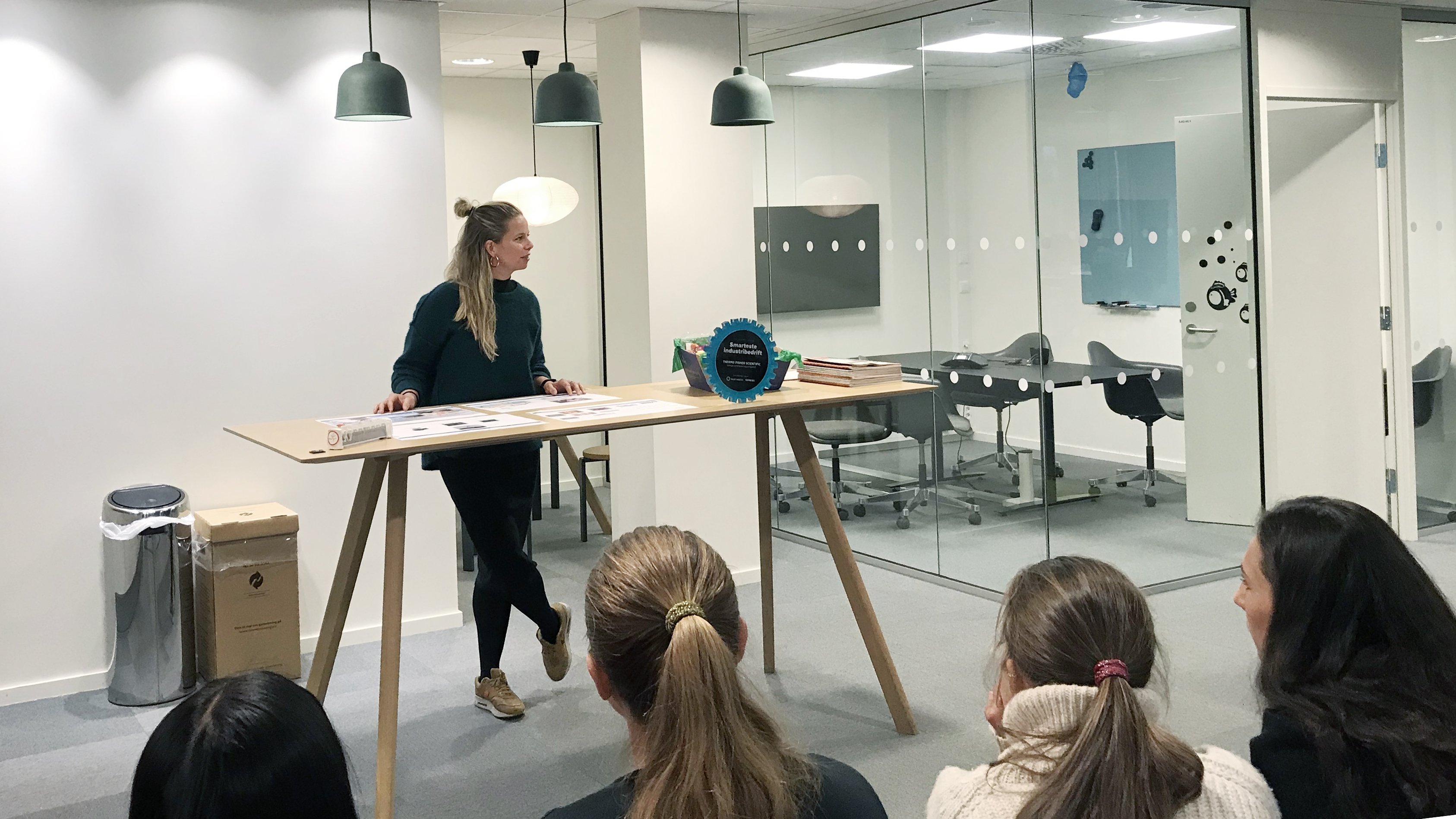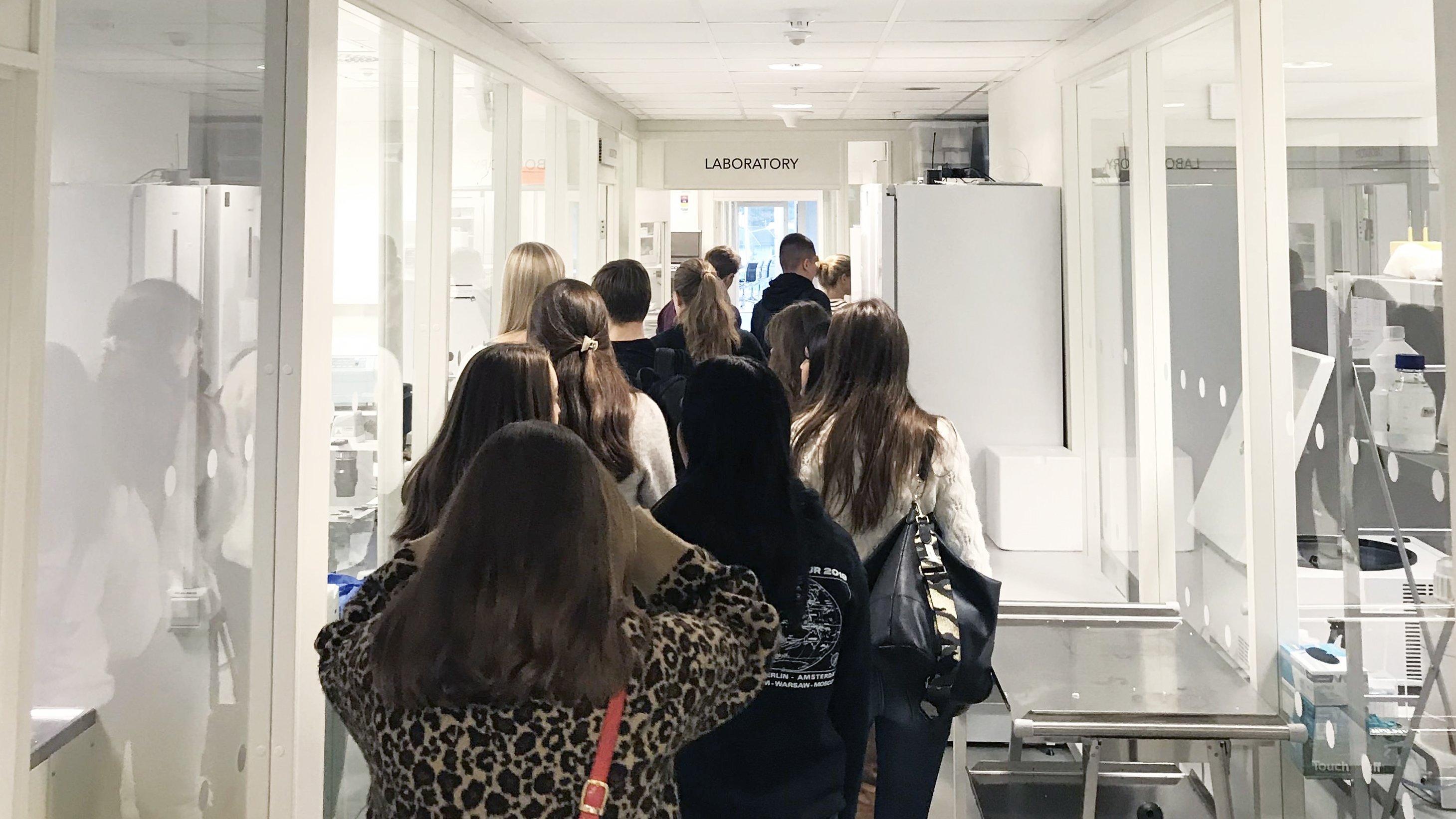Among Europe’s finest
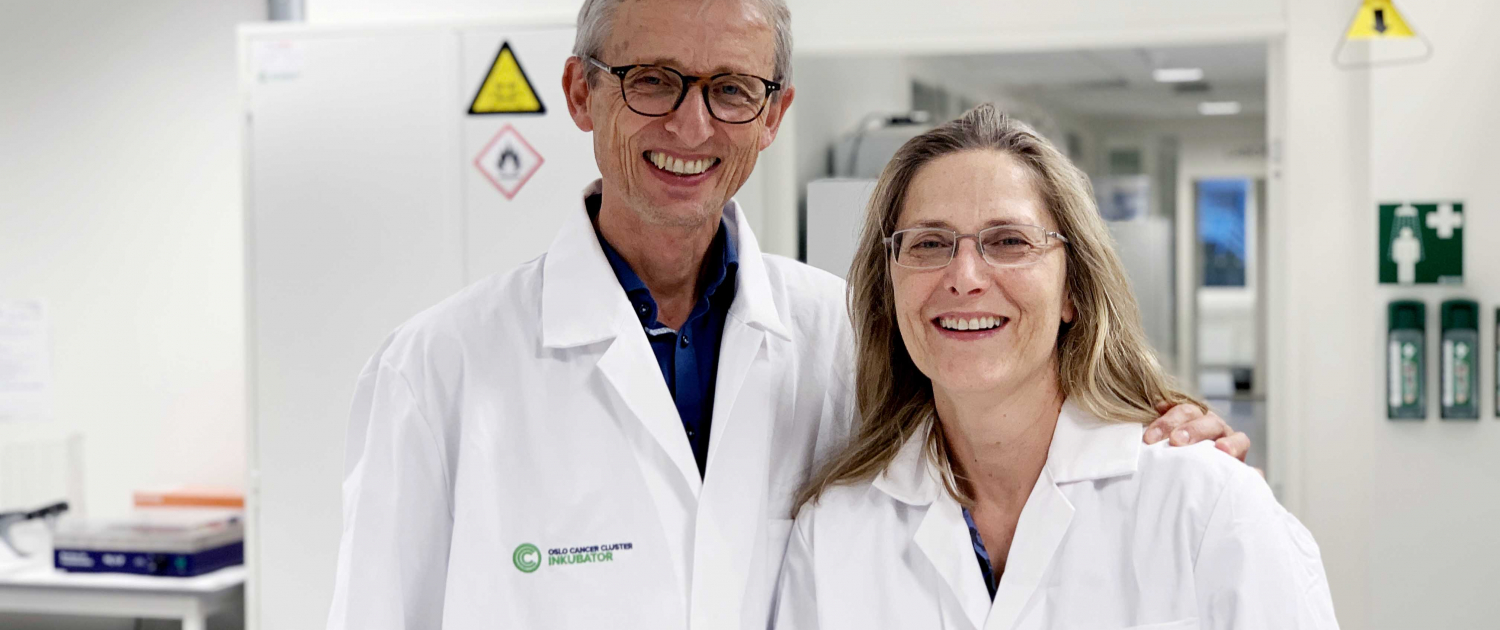
OCC Incubator was recently rated among the top 20 European biotech incubators. Here’s why!
Every year, the biotech website Labiotech makes a top 20 list of the best biotech incubators in Europe. Oslo Cancer Cluster (OCC) Incubator is the only Norwegian incubator on the list this year, together with well established incubators in Belgium, Switzerland, Great Britain, Germany, Sweden and other European countries.
Labiotech.eu is the leading digital media covering the European biotech industry, with over 150,000 visitors every month.
Size and relevance matters
We asked Clara Rodríguez Fernández, Senior Reporter in Labiotech, about the selection criteria. She replied:
“We aim to include the most relevant incubators across different European countries. We selected those based on their size and relevance within their country’s biotech ecosystem and also based on feedback from the industry contacts we sent our preliminary list to.”
See the full top 20 list on labiotech.eu.
Means a lot in Norway
In Norway, the list has attracted attention.
“This means a lot. We have a strong and attractive ecosystem around Oslo Cancer Cluster on research and commercialization of pharmaceuticals. The latest success story is the tech company OncoImmunity that was bought by the tech giant NEC this summer.” Håkon Haugli, CEO Innovation Norway
Read more about NEC OncoImmunity in this news story.
Håkon Haugli continues:
“We also recognize that Norway, through Oslo Cancer Cluster, is positioned very well for the European Union’s next big endeavour, ‘Missions’, which will be launched next year. Cancer is one of five focus areas, which the European Union will channel considerable project resources into, to resolve one of our time’s big societal problems.”
The European Union has defined five research and innovation mission areas, inspired by the Apollo 11 mission to put a man on the moon. The missions aim to deliver solutions to some of the greatest challenges facing our world, such as cancer, climate change, healthy oceans, climate-neutral cities and healthy soil and food.
You can read more about the European research and innovation missions on this official website.
A boost of motivation
For OCC Incubator, being on the top 20 list is a nice boost of motivation. Bjørn Klem, General Manager OCC Incubator, puts it this way:
“We are excited about being rated among the best biotech incubators in Europe. It motivates us to become the most attractive space for innovations in the field of cancer!”
Want to read more about biotech incubators and start-up opportunities?
- Why a Nordic mentor network is a good idea
- A Look Inside One of the Most Influential Healthcare Incubators in the World
- The Incubator Labs are expanding


